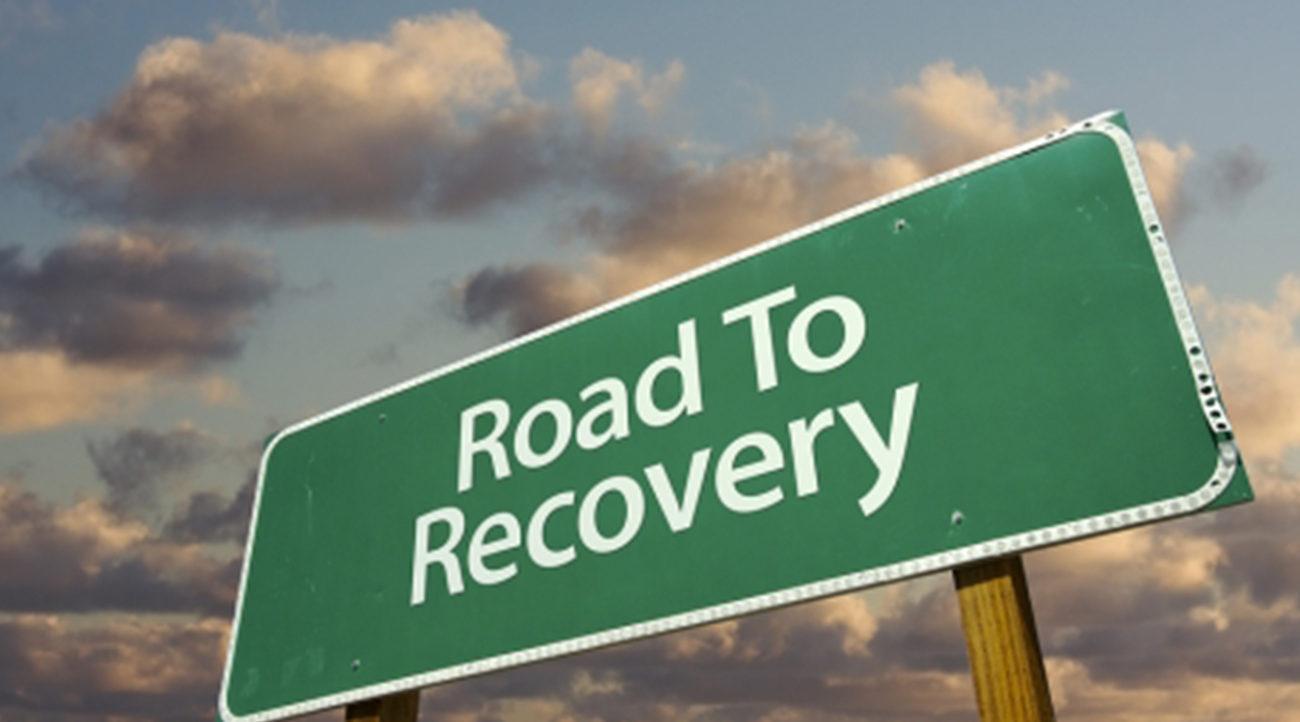“Addiction & Recovery”
As a counselor, I have observed that substance abusers and family members share confusion about 2 topics: what is addiction? what is recovery? “Addiction” and “recovery” have become buzzwords; so much that they are translated or interpreted in unpredictable ways. Another phrase, “family disease” has entered the lexicon, but has not developed a universal definition. Misinterpretations and lack of a uniform understanding may contribute to drug and alcohol’s devastating effects on addicts. Volumes of conflicting information, advice, homespun wisdom, opinions, and stigmatizations hamstring family members.
How do families effectively support a loved one in the recovery process? Let us start with the basics; by its nature, “support” is compassionate, consistent and tolerant. The behaviors of an addicted person can mimic, almost identically, behaviors we commonly associate with antisocial behavior. These actions assault their ability to sustain support. Actions create reactions. Support then becomes proportional to our level of hurt multiplied by our instincts towards self-preservation and divided by our fears of “making it worse.” This creates a continuum of support: on one end of the extreme is “Neglect” and at the other end is “Overprotect”.
When we “helicopter” over someone’s recovery (agonizing over every detail of their daily lives, demanding to know about every activity minute by minute, giving commands instead of discussing expectations) we are leaning towards the “overprotect” part of the spectrum. Overprotection also applies to shielding an addicted loved one from accountability. Neglect is propelled by a lack of tolerance oftentimes described as “tough love”. Truly effective support is defined by neither of these extremes but rather a deft blending.
The Dalai Lama once fielded a question about managing consequences for behavior. The questioner drew the conclusion that enacting consequences undermines a compassionate mindset. They implied that compassion and consequences/accountability are a paradox. His response was that “compassion does not mean lack of consequences.” The lesson, he explained, is that compassion does not require us to rescue one another or to martyr ourselves for each other. He proceeded to advise the audience on two main points:
1. The attitude and fashion in which we maintain boundaries and administer consequences to those who violate them determines how effective support and compassion are.
2. The consequences, when delivered in measured, grounded and in proportion to the violating behavior, are actually intrinsic to compassion.
Seeing and experiencing the effects of decision-making whether good, bad or ugly, allows a person to grow in wisdom. Overprotectiveness can shield a person from painful consequences of their decisions and, as an unintended result, prevent them from contemplating adjustments to their behavior. Balance and self-care are paramount. Witnessing a loved one suffer in addiction may obliterate ones attention towards self-care and balance. Support and education can ease this burden. Families often need support, (and sometimes counseling or guidance) AS MUCH as their loved one.
If you or a loved one is seeking more information about treatment, please contact BioCare Recovery at 267-392-6060 and ask to speak with Executive Director, Andrew Vitullo or Clinical Director, Thomas Foley, CADC. Additional resources may be found at www.BioCareHelps.com. For more information about families and recovery, visit www.ncadd.org.





